In this article, I discuss ways to rebound from the adversity of falling short in achieving a goal using skills from cognitive behavioural therapy.
In my work as a Calgary psychologist and a Cochrane psychologist, I encourage my clients to pursue challenging goals as a way to enhance their lives. Pursuing challenging goals fosters ongoing excitement, energy and passion in your life. It also exerts a consistent positive influence on your self-esteem as you regularly demonstrate your abilities and efforts in taking the steps toward conquering a challenge. If your hard work pays off in achieving your goal, the good feelings you experience can last for an extended period of time.
Unfortunately, the downside of pursuing challenging goals is that there are times when you may not achieve them–often after months or years of hard work. Failing to win a medal or make the Olympic team after years of training, giving up on a business venture which has been the focus of your life, and accepting that you cannot work in an occupation you’ve dreamed of working in are a few examples of how failing to achieve a challenging goal can have significant negative effects on your well-being.
Fortunately, there are skills from cognitive behavioural therapy (CBT) which you can use to regroup psychologically after failing to achieve a goal. In the following sections, I will discuss some of these skills and illustrate my use of them in dealing with a recent situation in which I failed to achieve a goal I had been working toward.
Regrouping cognitively: Putting the setback in a proper perspective
One of the keys to dealing with the negative emotional effects of failing to achieve a goal is to put the setback in a proper perspective. This typically entails acknowledging your disappointment while challenging extreme negative thoughts and beliefs which you experience in the wake of the experience. These ‘hot thoughts’ make you feel even worse and, in turn, make it more difficult for you to rebound from the adversity. Thought records are a CBT tool which can aid you in this endeavour by providing a structured way to evaluate with evidence the validity of your hot thoughts.
For example, when I recently failed to complete my first Ironman event in five years, I used thought records to identify and challenge hot thoughts such as ‘I’m not a good athlete’, ‘I blew it’ and ‘I don’t have what it takes to complete an Ironman’. After evaluating these hot thoughts based on the evidence, I was able to change them to more accurate ‘balanced thoughts’ which made me feel much better. One such balanced thought I constructed was, “Even though I did not achieve my goal on this occasion, this was more the result of weather conditions than a reflection on my athletic ability and effort. If I take additional steps to prepare for these conditions the next time, my athletic ability and effort should lead me to achieve my goal.”
Cognitive regrouping also involves identifying what you gained from pursuing your goal even though you did not achieve it. In my case, pursuing the goal of completing the Ironman resulted in my achieving a high level of physical fitness throughout the year, feeling better about myself and experiencing more passion and excitement on an ongoing basis as a result. I also took pride in having accomplished much on the way to my ultimate goal by competing in several triathlon and running events leading up to the Ironman.
Finally, cognitive regrouping involves identifying things you did right and things you may want to change going forward. This kind of thinking is far better for your mood than dwelling on negative thoughts about not having done well and how this reflects negatively on you. Give yourself credit for what you did well that worked and learn from things you tried which didn’t work so that you can make changes leading to a better result the next time out.
For example, I gave myself credit for putting in the proper training leading up to the race, for having done very well in the swim part of the Ironman and for having executed my training and racing plan as my coach had specified. I learned from this experience that I need to make changes leading to a better performance in the bike event and that these changes should focus on being better able to cope with heat and dehydration which played a major role in my disappointing result.
Regrouping behaviourally: Setting the stage for pursuing new goals
Regrouping cognitively should help your mood and motivation improve to the point that you are ready to take the next step of behavioural regrouping. This entails taking action to move toward the pursuit of new goals.
In my case, this step may involve setting a goal to do the Ironman again. It will also involve pursuing goals in other athletic areas such as karate as well as in my career and other areas of interest. Setting goals in multiple areas helps to add more excitement and passion as you pursue them. It also increases the chances of achieving some of these goals and cushions the blow at those times such as I recently experienced when you do not achieve one of your goals.

Why not choose easy goals instead of challenging goals?
Given that pursuing challenging goals comes with it the risk of sometimes not succeeding, you may validly wonder whether it would make more sense to pursue easy goals which have a very low risk of failure. The answer in most instances is ‘no’. The reason is that because success is a virtual certainty when pursuing easy goals, the excitement and passion of the journey toward those goals is missing as are the euphoria and boosts to self-esteem which occur when you achieve such goals.
On the other hand, choosing challenging goals—those which are within your capabilities but which you are not guaranteed to achieve—features excitement, passion and motivation which come with trying to do something which is difficult and for which there is the possibility of failure.
So I encourage you, like me, to continue to pursue challenging goals because the benefits far outweigh the costs. On those occasions when you are faced with those costs in the form of a goal you did not achieve, use the cognitive and behavioural regrouping skills featured in this article to get back on track in your goal-setting adventures. I help clients in sports psychology counselling and those pursuing goals in other areas to learn and practice these skills.
May you enjoy the pursuit and achievement of goals and use skills to regroup when your efforts fall short,
Dr. Pat


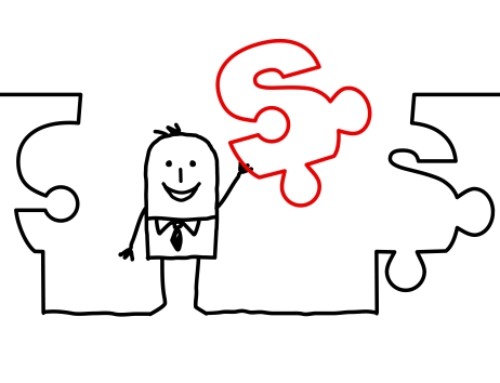
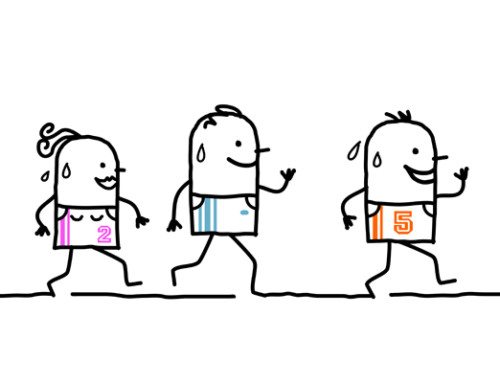
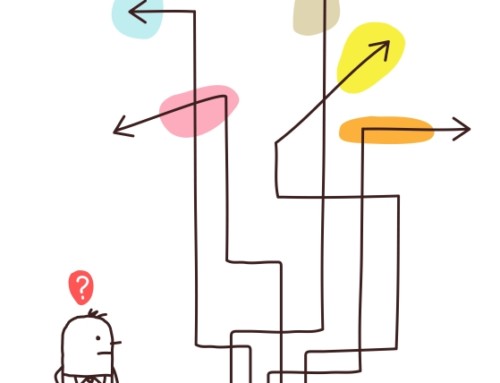
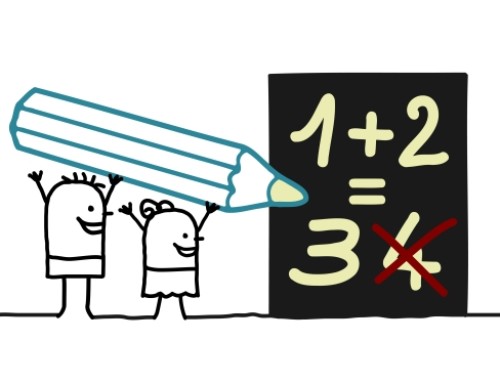
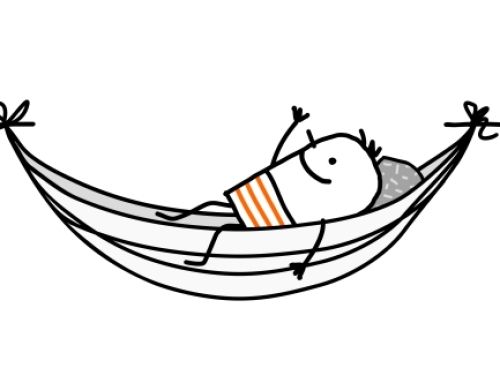
Leave A Comment